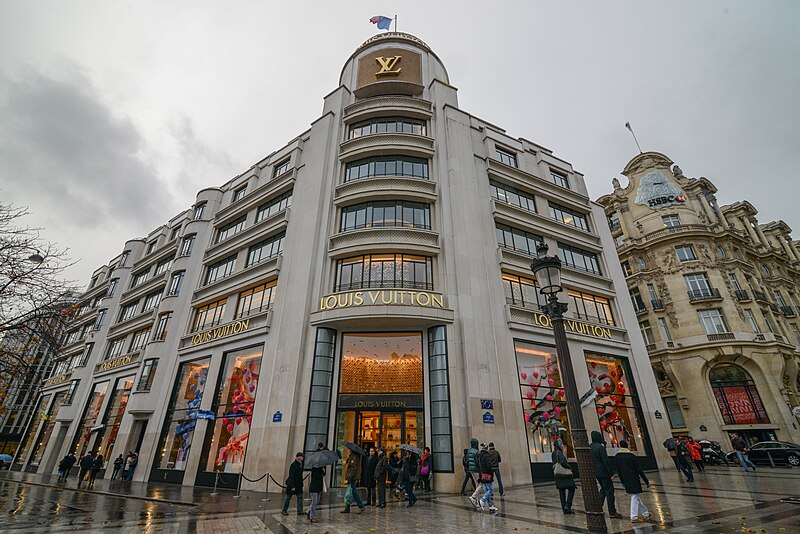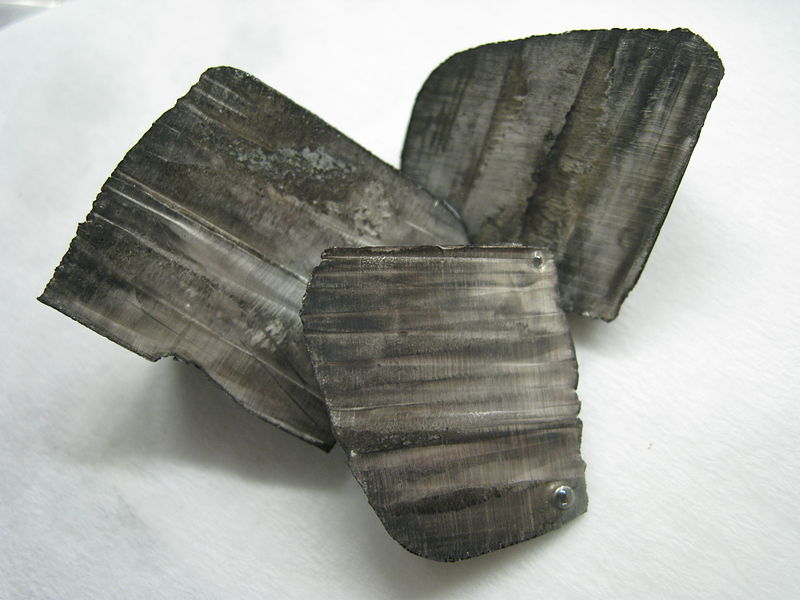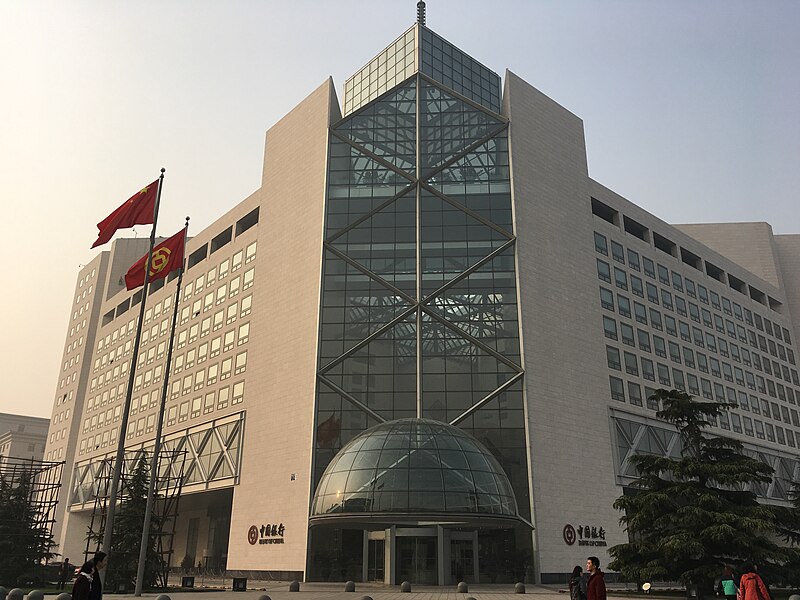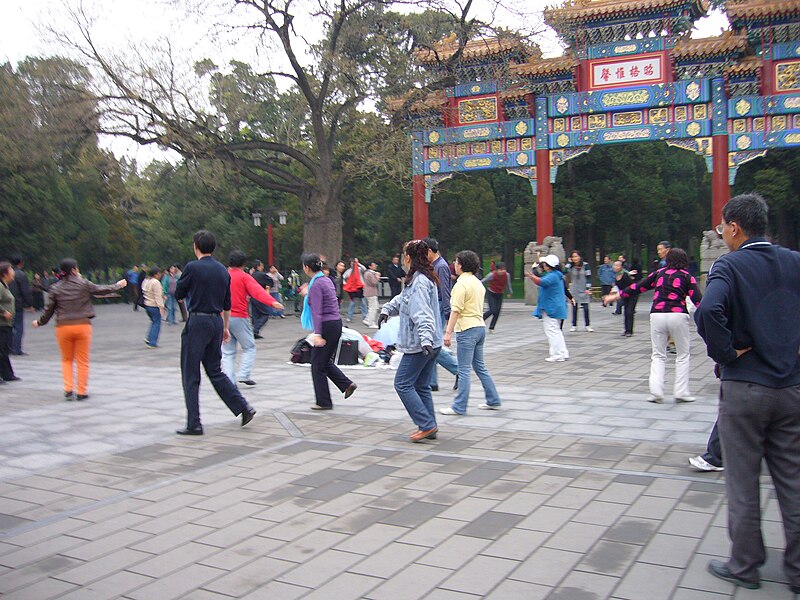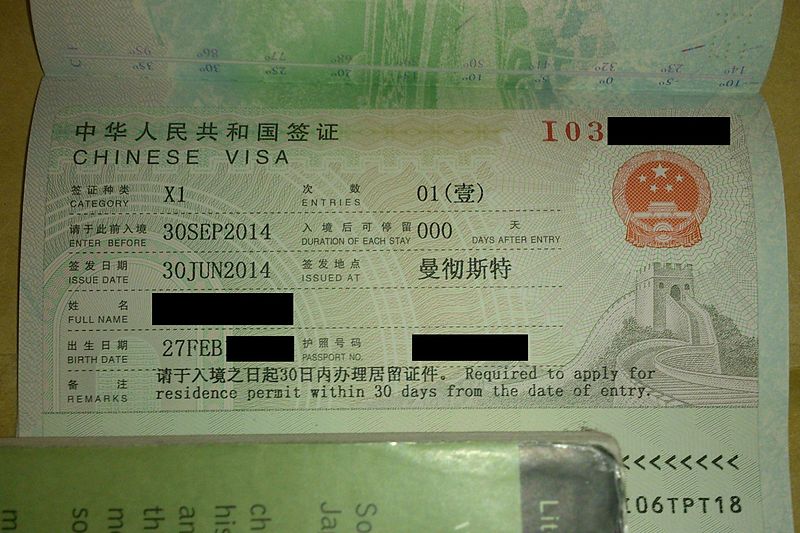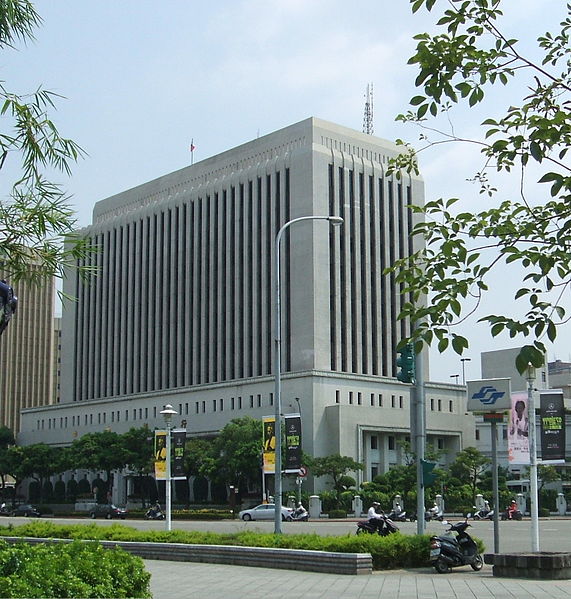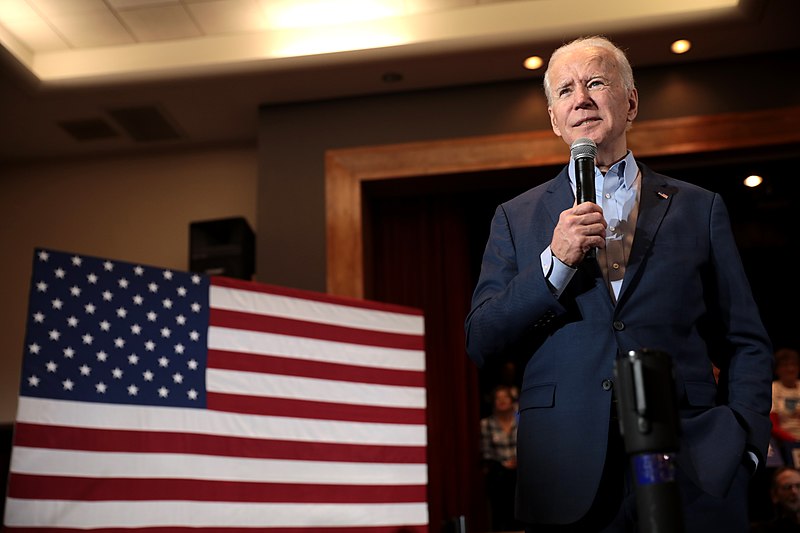
President Biden has escalated his confrontation with China by signing an executive order that prohibits new American investment in critical technology industries that could potentially enhance
Beijing's military capabilities. This move is the latest in a series of actions that are widening the gap between the two largest economies in the world.
The executive order targets venture capital and private equity firms, preventing them from injecting additional funds into Chinese initiatives focused on developing semiconductors, microelectronics, quantum computers, and specific artificial intelligence applications. While U.S. administration officials emphasize that the order is designed to safeguard national security, China is likely to perceive it as a component of a broader strategy to curb its ascent on the global stage.
In a statement released by the Treasury Department, it is asserted that the Biden administration is dedicated to ensuring America's safety and protecting national security by safeguarding critical technologies essential for the next wave of military innovation. The statement underscores that the executive order is a precision-focused measure that complements existing export controls and upholds the United States' commitment to open investment.
However, this seemingly narrow action comes at a pivotal juncture in the U.S.-China relationship, reminiscent of the tension during the Cold War era. Previous expansion of export controls on key technologies to China has already prompted retaliatory measures from Beijing. China's recent decision to halt the supply of metals like gallium, which are crucial for the Pentagon's supply chain, exemplifies this.
Biden has repeatedly expressed his desire to stabilize relations with China following incidents such as a spy balloon being shot down in American airspace and the uncovering of a large-scale Chinese attempt to infiltrate power grids and communication systems with malware. High-ranking officials including Secretary of State Antony J. Blinken, Treasury Secretary Janet L. Yellen, and others have engaged in discussions with Chinese counterparts in an effort to revive dialogue. Commerce Secretary Gina Raimondo is also expected to visit China in the coming weeks.
While Biden seemed determined not to provoke Beijing with the order, he refrained from making a direct statement about the action. Instead, the order's details were communicated through written material and background briefings by anonymous aides.
Nevertheless, China has expressed its deep disappointment in response to the order, characterizing it as an attempt to politicize and weaponize trade. The country indicated that the order would negatively impact both Chinese and American companies and investors, hamper business cooperation, and undermine international confidence in the U.S. business environment.
U.S. administration officials clarify that this executive order is part of a strategy to mitigate risks in the relationship with China, rather than completely severing ties. Nonetheless, this announcement elevates these efforts to a new level. While the history of export bans and concerns over Chinese investment in the U.S. is well-documented, the U.S. has not previously undertaken measures that restrict the flow of investment into China. Photo by Gage Skidmore from Surprise, AZ, United States of America, Wikimedia commons.
